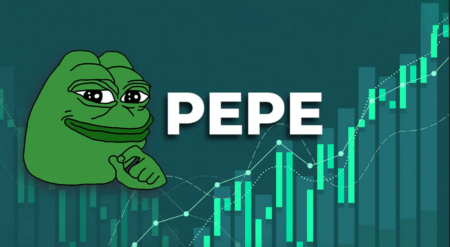As the holiday season kicks into high gear, Santa’s elves are not the only ones hard at work. Bitcoin miners have also been busy, but instead of making toys, they have been raising money for various purposes. Some miners, like Bitdeer, are using the proceeds from their fundraising efforts to expand datacenters and develop mining rigs. On the other hand, companies like Marathon and Riot Platforms are choosing to use the capital to buy more BTC.
Recent announcements from two other major players in the BTC mining space shed light on the differing strategies among miners when it comes to spending their newly acquired capital. Hut 8 recently made headlines by purchasing 990 BTC for $100 million, while CleanSpark CFO Gary Vecchiarelli revealed that his company has chosen not to pay such high prices for the digital currency. Vecchiarelli emphasized that CleanSpark is focused on producing bitcoin at a significant discount to the spot price, with a marginal cost of around $36,250 per coin.
CleanSpark’s main growth priority for 2025 is to increase its hash rate to 50 EH/s as quickly as possible, while also expanding its digital asset management group to oversee its bitcoin treasury, which currently stands at 9,297 BTC as of November 30th. In contrast, Hut 8 and Marathon Digital are actively increasing their BTC holdings, with Marathon holding 44,394 BTC as of December 18th. Vecchiarelli emphasized that CleanSpark’s healthy margins allow the company to build its balance sheet holdings in a sustainable manner.
Despite the differences in approach, both CleanSpark and Hut 8 are focused on maintaining disciplined and fundamentals-driven growth strategies. Hut 8 CEO Asher Genoot emphasized that the company’s strategic bitcoin reserve is intended to complement, rather than substitute, its core operating strategy. While CleanSpark is cautious about paying high prices for BTC, Hut 8 does not have specific price levels at which they would completely rule out buying the digital currency. However, they are keenly aware of valuation extremes and prioritize risk-adjusted returns in their decision-making process.
Overall, the varying strategies of BTC miners when it comes to spending their capital reflect the diverse approaches within the industry. Some companies prioritize expanding their mining operations and increasing their BTC holdings, while others focus on producing bitcoin at a discount to the spot price. Regardless of their specific strategies, one thing is clear – bitcoin miners are actively navigating the ever-changing landscape of the cryptocurrency market to secure their positions and drive growth in the industry.



















